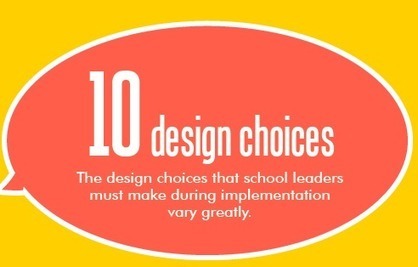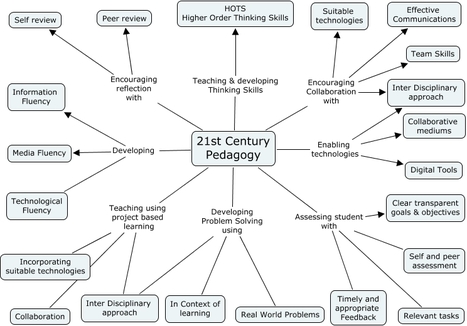The shift from time to learning changes everything. Most obviously it changes how students move through an education system and earn credentials.
But it also changes how learning opportunities are structured and supported by educators. It can change structures, staffing, schedules, and support systems. It changes the whole vocabulary of learning.



 Your new post is loading...
Your new post is loading...










